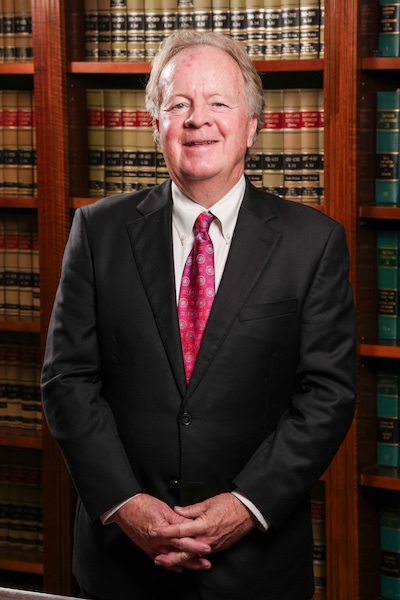Students and their parents and guardians face difficult choices in academic integrity, student misconduct and Title lX cases and often don't know it until too late. This is a function of the quick timetables many universities employ in such cases and the hesitance of many students in disclosing the existence of such matters in the first place.
It is perfectly understandable why college kids, who are often enjoying their first true adult independence are loath to tell their parents and feel they can deal with it on their own. This often produces disasterous results.
By the time a parent or guardian hears about things the student has often disclosed compromising information to the school and the possibilities for defending the accusations are in the rear-view mirror.
So, before your kid goes to college and you have " The Talk " about idiotic things they shouldn't do, birth control, alcohol and drugs, add a discussion of academic integrity and student misconduct cases. Tell them that things happen and that they need to confide in you if they do and don't delay.
This will increase the prospect that such accusations can be effectively be challenged when appropriate. Today we tackle so-called academic integrity matters, as each species of case. To be clear, the most significant choice is whether to cooperate and admit fault or to remain quiet and learn exactly what you are dealing with. In many innstances the second is preferable.
There are variety of ways that students learn about an impending investigation and the manner of their learning can effect what choices are available to be made.
Typically students in academic integrity cases hear either from their professor or the Office of Student Conduct ( OSC). If it's the latter the choices are more finite. The professor has taken the step of sending a referral and while they may have a say on an appropriate sanction, the process is in motion.
The choice becomes one of either clamming up and seeing what the school has as evidence or throwing yourself on the mercy of OSC. Most students find the mercy is in short supply and that they are looking at an 'XF'. Thus, the discipline of participating in the preliminary interview with OSC without providing the evidence to convict yourself is the best " choice" to see what the evidence is and to learn what sanctions are likely if found responsible.
If it seems clear that the evidence is strong and the sanction is non-negotiable, you can always humbly accept your fate after the preliminary interview. or opt for the various different mechanisms for disposition.
If the professor notifies the student then there are several other possible avenues. One is asking the professor not to make a report and offering to accept some sanction such as a reduced grade or even a zero on the assignment or test. In some cases this works as professors who have gone through OSC and the various hearing processes know it is a pain and time consuming.
If this avenue doesn't work there have been instances where the professor has permitted the student to withdraw from their course even where deadlines have gone by. The bottom line, if the matter hasn't made it to OSC and you recognize your culpability, you might get some professorial slack and avoid the worst sanctions.
There are myriad other strategic choices in these cases as they proceed and they will be addressed elsewhere on our site.

